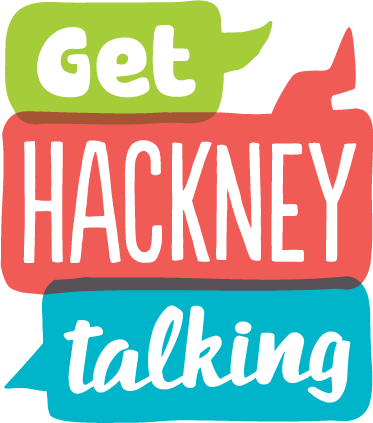Problem Solving and Verbal Reasoning
Verbal reasoning is a skill that is essential for understanding social situations and learning in the classroom. It involves understanding and answering ‘how’ and ‘why’ something has happened and is fundamental for solving social problems. In order to think through and solve problems children need to use their internal language, or ‘self-talk’, so when a child has difficulties with understanding and using spoken language they will usually have difficulties with verbal reasoning.
Many problem-solving skills are learnt through experience of normal social interaction. Children with communication difficulties can benefit from talking through problems in detail as they arise, but also through specific activities such as the ones presented in this section.
Activity: What’s going on?
Aim: to be able to answer questions and about a social scenario
Resources needed: Social scene pictures from the newspaper, from a website or from picture books
Method: Look at a picture of a social scene together. Encourage your child to look carefully and describe it. Ask concrete questions about things that are obvious from the picture, e.g. ‘who is in the picture?’, ‘what is going on?’. Then move on to questions that are not immediately obvious that about the scene. These questions should require the children to use inference or problem-solving, e.g. ‘why is he doing that?’, ‘what might happen next?’, or ‘what would you do?’


